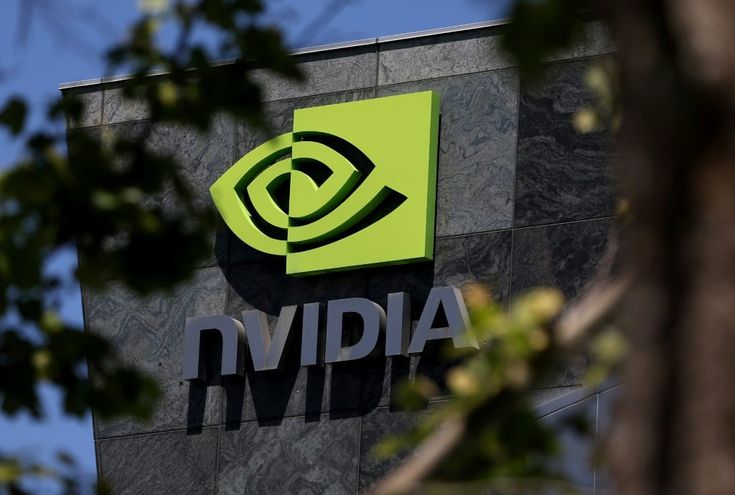
Nvidia Resumes Sales of AI Chips to China, Upending Global Tech Politics
Jul 17, 2025 |
👀 63 views |
💬 0 comments
In a stunning reversal that has sent shockwaves through the global technology and geopolitical landscape, AI chip behemoth Nvidia has announced it will resume sales of its advanced H20 artificial intelligence chips to China. The decision, which comes after securing assurances from the Trump administration, marks a dramatic pivot from the hardline US export controls designed to stifle Beijing's technological ambitions.
The news, confirmed by Nvidia CEO Jensen Huang during a trip to Beijing, effectively ends a months-long blockade that had frozen sales of the high-powered chips to one of Nvidia's most significant markets. In April, the Commerce Department tightened restrictions, requiring a special license for the sale of the H20—a chip specifically designed by Nvidia to be compliant with earlier, less stringent US export rules. The move was projected to cost Nvidia billions in lost revenue.
Now, that policy has been upended. According to Nvidia, the U.S. government has assured the company that the necessary licenses will be granted, and it hopes to "start deliveries soon."
This abrupt about-face is not just a commercial victory for Nvidia; it's a complex geopolitical maneuver with far-reaching implications. The decision is reportedly tied to broader trade negotiations between the U.S. and China, specifically concerning rare earth metals. China, which dominates the global supply of these critical minerals essential for everything from EVs to advanced weaponry, had previously halted their export to the U.S. in retaliation for tariffs.
Evidence now suggests a high-stakes trade-off was made: the U.S. is allowing the flow of AI chips in exchange for China reopening the supply lines for rare earths.
The move has been met with a mix of celebration and sharp criticism:
For Wall Street and Tech Companies: The news was met with immediate enthusiasm. Nvidia's stock surged, and competitor AMD announced it also plans to restart its own AI chip sales to China. For these companies, it reopens a multi-billion dollar market that was abruptly cut off.
For National Security Hawks: The decision has been labeled as "dangerously inconsistent" by some lawmakers in Washington. They argue that providing China with powerful AI hardware, even if it's not Nvidia's absolute top-of-the-line product, could accelerate Beijing's military modernization and AI capabilities, undermining the very purpose of the export controls.
The H20 chip, while less powerful than Nvidia's flagship models, is still highly capable and, crucially, is compatible with Nvidia's CUDA software platform—the industry standard for AI development. Access to these chips could significantly boost Chinese tech companies that have been struggling to acquire the necessary hardware to compete on the global AI stage.
Nvidia's return to the Chinese market represents a pragmatic, if controversial, shift in the ongoing tech cold war. It's a clear acknowledgment of the deep economic codependence between the two superpowers and a demonstration of how national security interests can be used as bargaining chips in the high-stakes game of international trade.
🧠 Related Posts
💬 Leave a Comment
